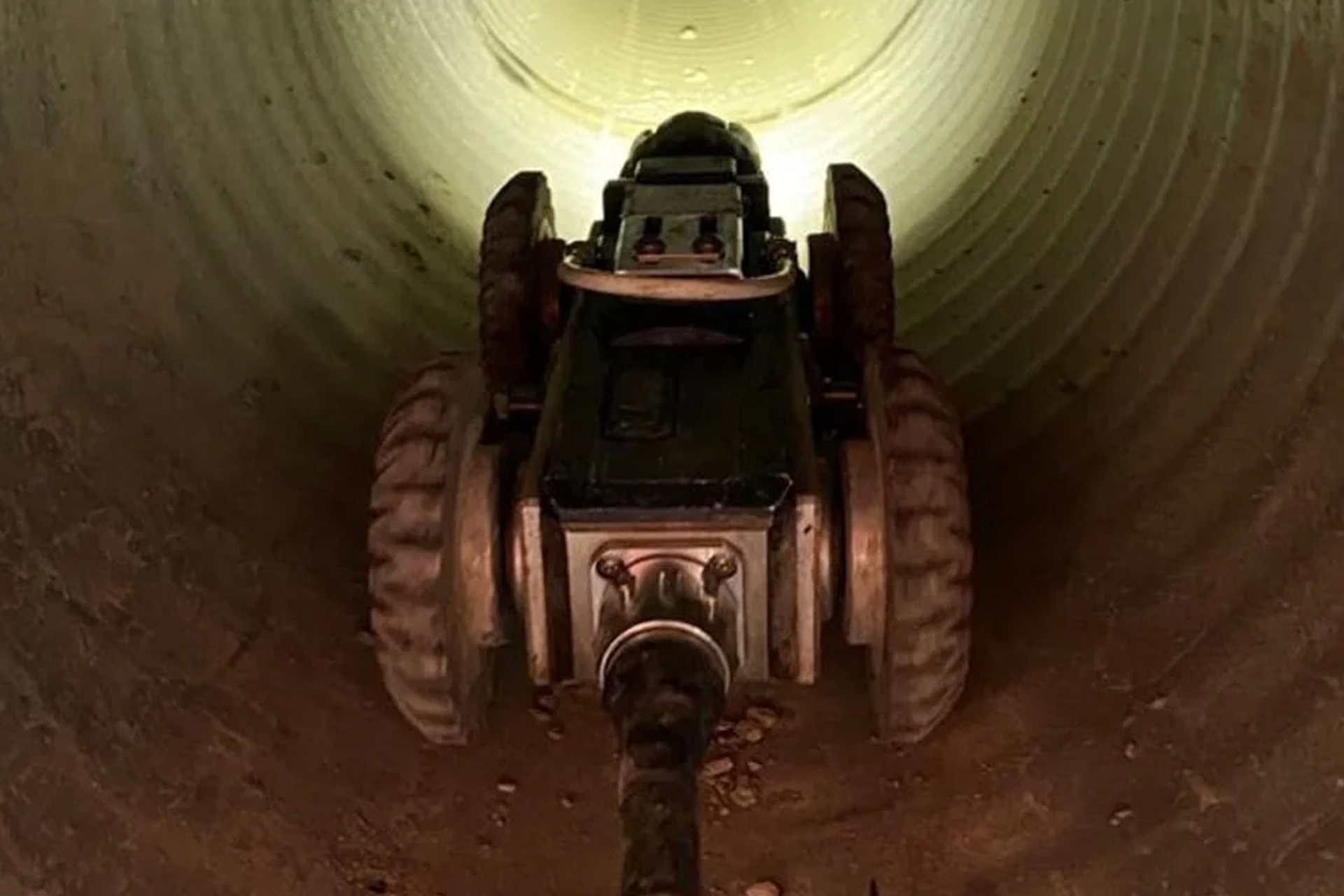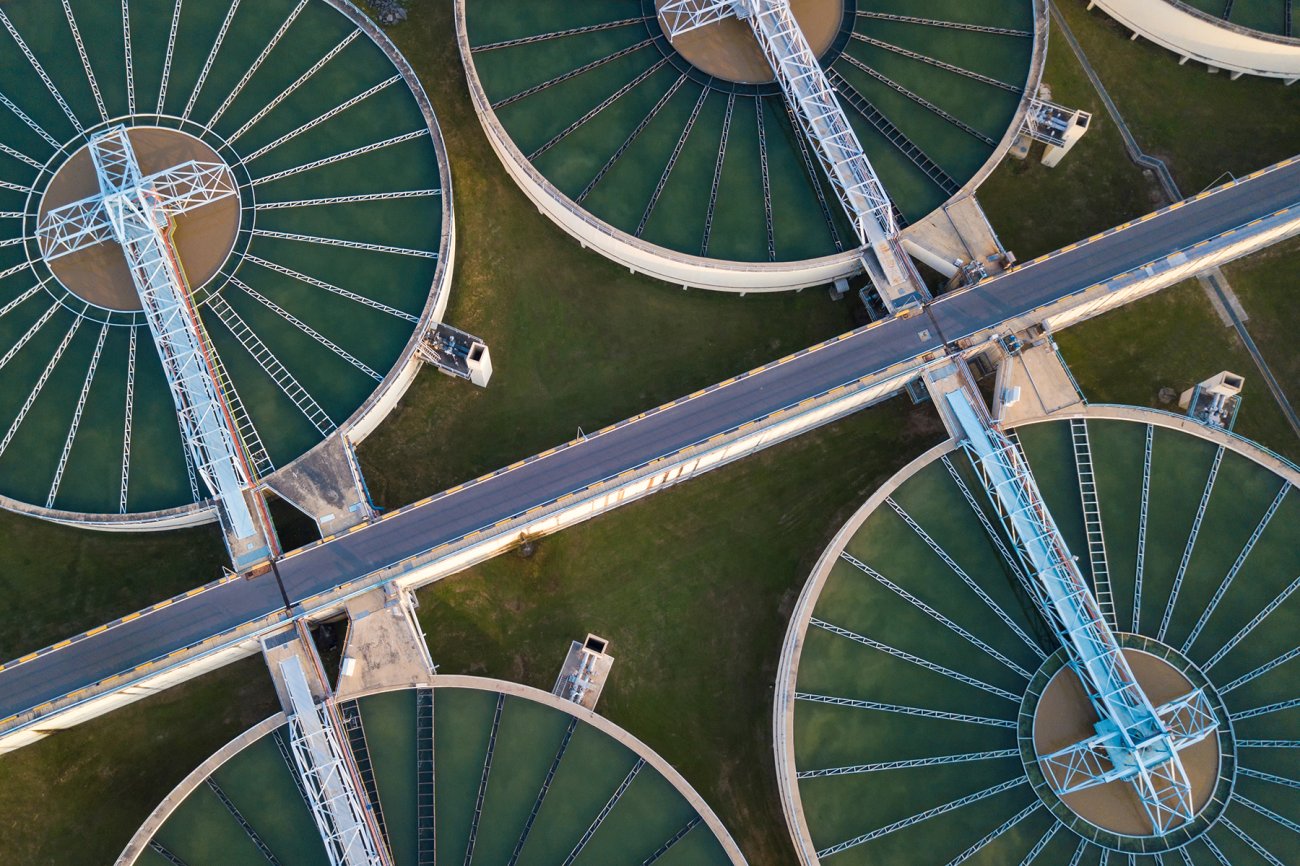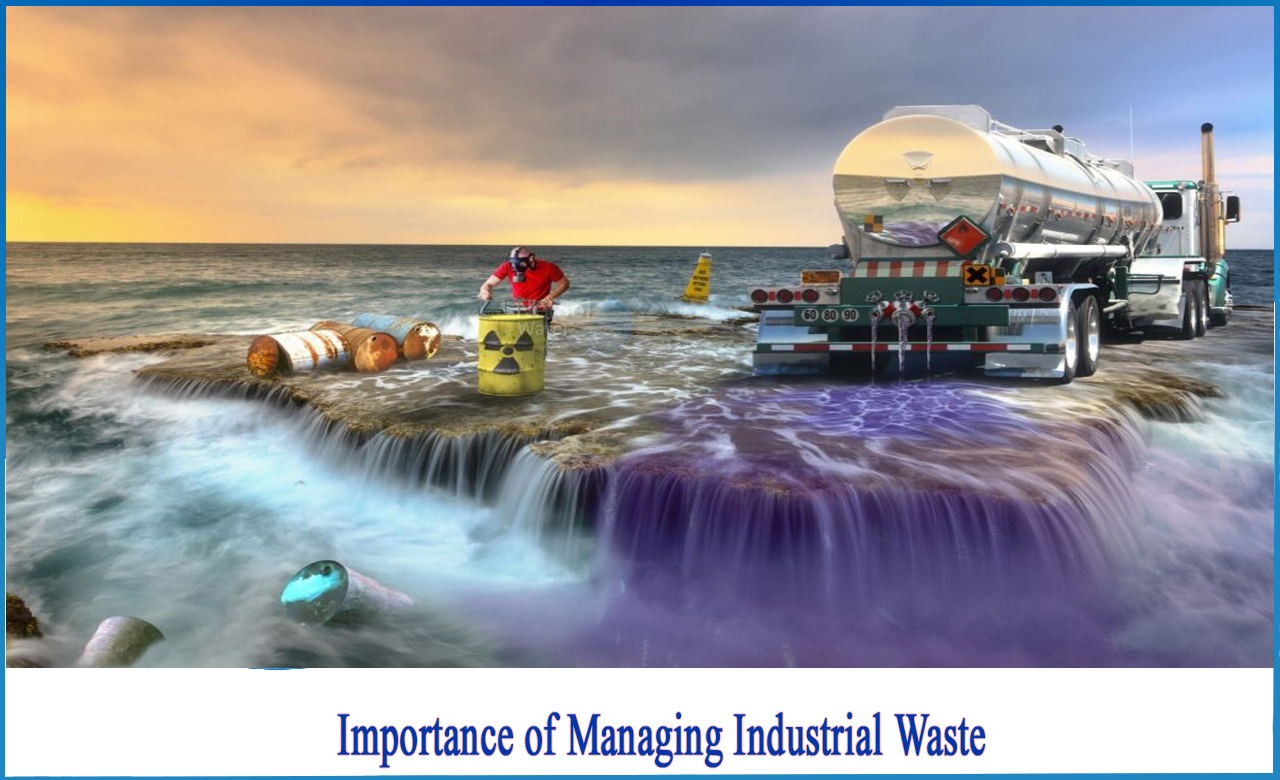4 Simple Techniques For Reclaim Waste
4 Simple Techniques For Reclaim Waste
Blog Article
More About Reclaim Waste
Table of ContentsAbout Reclaim WasteSome Known Details About Reclaim Waste Reclaim Waste Things To Know Before You Get ThisAn Unbiased View of Reclaim WasteNot known Incorrect Statements About Reclaim Waste Some Known Questions About Reclaim Waste.

Never ever put unsafe materials down sinks, toilets or stormwater drains Compounds consisting of petrol, grease, oil, chemicals and herbicides, and solvents such as paint pole dancers ought to not be poured down sinks, commodes or stormwater drains. These materials are tough to remove in the sewage therapy process and create contamination issues in our regional waterways.

Although liquid waste is a term that covers a broad range of materials, there's a great reason leaving its disposal to the experts is suggested. Fluid waste is non-solid material that has no further use and should be treated and dealt with according to local, state and federal guidelines.
Fascination About Reclaim Waste
Instances of liquid waste can include wastewater, fats, oils or grease, made use of oil, fluids, solids, gases or sludges and harmful family liquids, there are some that are taken into consideration to be more dangerous than others when it comes to the environment and the health and wellness of animals and humans alike. It's consequently that each state and territory have rigorous guidelines linked to fluid waste administration.
Liquid waste can be kept in holding containers or packaged in drums, intermediate bulk containers or accepted tiny containers before either being dealt with or removed via outsourced vacuum trucks. Provided the nature of the products, liquid waste can not enter the basic waste stream and there are strict regulations on how to take care of it appropriately.
(https://www.imdb.com/user/ur191403836/?ref_=nv_usr_prof_2)Depending on a determination of the degree of danger, it may be essential to remediate those sites. Furthermore, dangerous fluid chemical wastes are controlled waste and has to be tracked based on the state waste legislation. Under the chain of wardship and responsibilities, proprietors are responsible and liable for waste created by an organization.
Among the core applications for superabsorbent polymers (SAPs) is liquid waste solidification. liquid waste removal melbourne. SAPs are used by waste management experts to stop potentially dangerous fluids from getting in rivers, groundwater aquifers, and various other delicate settings. Due to the fact that liquids can quickly deliver impurities into ecological receptors and potentially contribute to geotechnical failures, fluid wastes are generally restricted from disposal in land fills
An Unbiased View of Reclaim Waste
Generally, free liquids are liquids that divide from the solid section of waste material. Liquid waste can include the following: HDD mud and cuttings Landfill leachate Wastewater therapy sludge & biosolids Dug up sediments Oil and gas drill cuttings Clearing up pond filth Hydro Excavation slurry Coal combustion residuals/ash Storage tank base sludge Concrete grinding/polishing slurry Associated Post: For a sensible instance of free liquids dividing from waste material, take into consideration the following circumstance: A waste administration professional loads a dump associate sludge from a wastewater therapy plant's oygenation container, during a routine upkeep event.
Nonetheless, when the vehicle driver comes to the land fill, he notices water seeping from the sludge and pouring from the dump truck. The tons was declined by the garbage dump and the driver was compelled to deal with the waste as a fluid waste at a special center, which boosted the disposal fees enormously.
The world is sinking in rubbish and we can not manage to be careless any longer. We have to take action and recycle whatever we can any place we can. We likewise need to be in charge of the correct disposal of our waste materials. It is not nearly enough that we pay waste disposal firms to look after our rubbish.
Reclaim Waste Fundamentals Explained

The ideal location is an excellent outside room with plenty of sunlight and air. Segregate your waste. Segregating your waste can begin inside the home. Set apart completely dry and liquid waste as well as edible waste, biodegradable and non-biodegradable products. Constantly keep the lid on your containers to avoid bugs, worms, flies, and unpleasant odours.
You can use old garbage can, bucket, garden pot or old plastic drums. Pierce four to five holes in the container so the air can circulate. Layer the base with soil to take in the damp waste. Beginning the composting procedure. Layer the garden compost with wet and dry waste in addition to dirt to maintain a balance in between the damp and the dry.
A Biased View of Reclaim Waste
Cover the compost container. When a week, include dirt on top of the garden compost. To promote faster decomposition, you can also add semi composted dirt to the compost. Maintain the compost. If you see the scent is becoming too solid, include extra papers and paper waste or add more openings to the garden compost container to maintain the equilibrium of the waste materials.
The world is sinking in rubbish and we can not manage to be untrustworthy anymore. We need to take activity and recycle whatever we can wherever we can. We additionally need to be in charge of the appropriate disposal of our waste materials. It is insufficient that we pay waste disposal companies to look after our rubbish.
Our waste, our responsibility. Have you ever before questioned what takes place to your liquid waste after it's gathered? Did you understand that liquid waste can be recycled? As liable citizens, you need to understand what happens to your rubbish and where it goes after it is eliminated from you. Understanding the fluid waste elimination process is crucial in helping you to segregate your waste.
An Unbiased View of Reclaim Waste
The dreamland is a great exterior room with lots of sunshine and air. Segregate your waste. Segregating your waste can begin inside the home. Segregate dry and liquid waste in addition to edible waste, biodegradable and non-biodegradable products. Always maintain the cover on your containers to prevent insects, worms, flies, and unpleasant smells.
Layer the base with dirt to take in the wet waste - liquid waste removal. Layer the garden compost with wet and completely dry waste as well as dirt to preserve a balance in between the damp and the dry.
Cover the compost container. Once a week, include soil in addition to the compost. To facilitate faster decay, you can look these up also include semi composted soil to the compost. Preserve the garden compost. If you see the scent is becoming too strong, include extra papers and paper waste or include more openings to the garden compost bin to maintain the balance of the waste materials.
Report this page